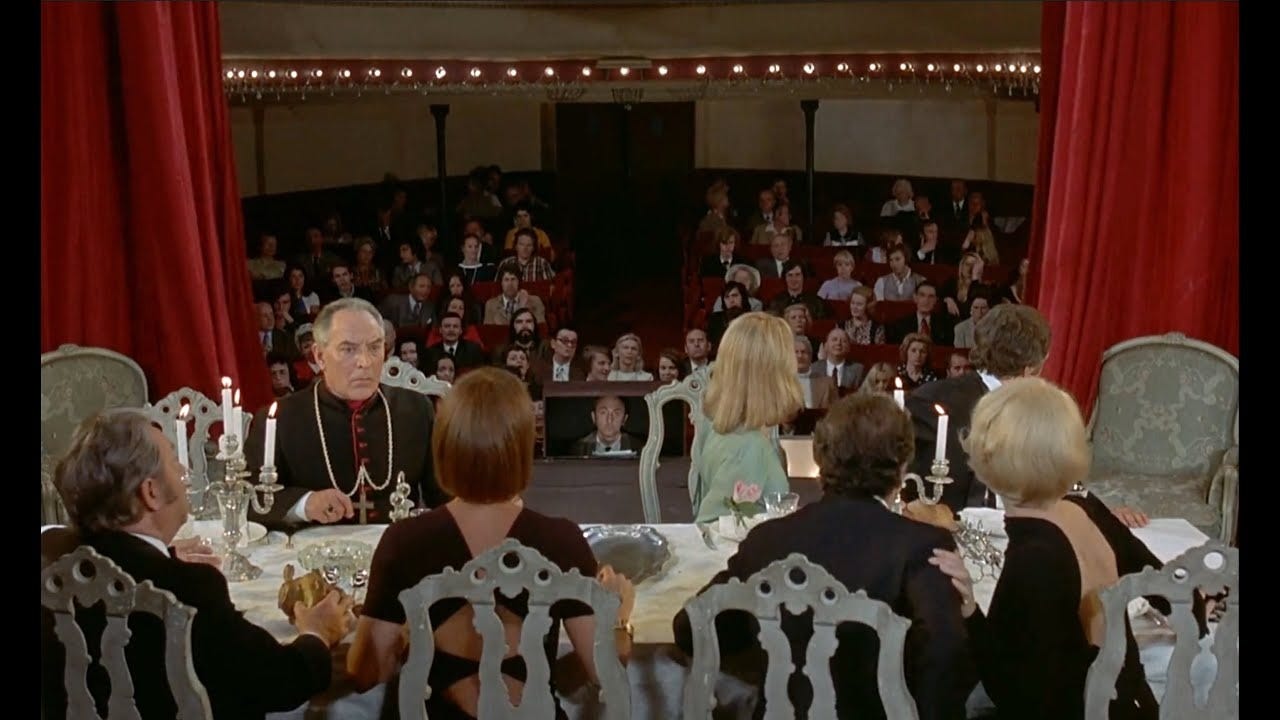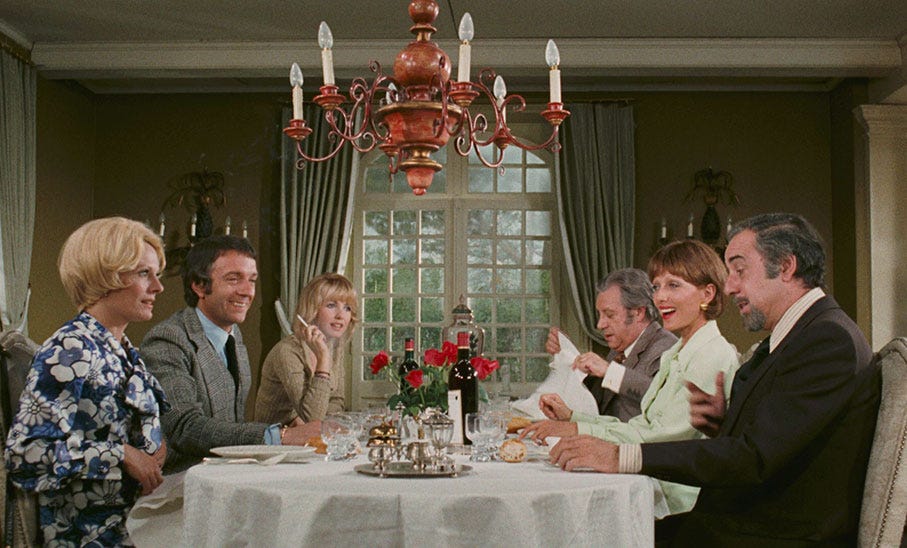In an older issue of the New Philosopher, University of California professor Myisha Cherry writes on the issue of character versus reputation. If you were to play the Would You Rather game, she asks, what would you choose between character and reputation? It’s a tense opposition between choosing what is vs. what appears, between what I know vs. what others recognise. I imagine many of us will jump to choose character — it feels like the moral high-ground choice — but does this really, honestly, reflect the reality of our choices today?
Let’s take note of the fact that reputation is a major currency in the world we’re living in today. Whether you like to admit it or not, reputation matters. It brings about opportunities; it supports businesses; it creates and grows networks; it invites discovery.
What’s more, the year 2024 was certainly the year of online reputation — if we are to cut through much of the noise, we’re left with an overwhelming push of both individuals and corporate entities to build reputation online. What appears is the lottery ticket all gamble on today. Individuals spend hours on end churning out pieces of vapid content on Linkedin in a desperate attempt to remain top-of-mind online — and you can’t really blame them.
What’s more is that character, or the reality, the deliverable, seem to be of little importance nowadays. In fact, over the past decade, we’ve learnt that when the two — character and reputation — collide and crash, it is of rather insignificant consequence. To name some 2024 such collides: Pope Francis’ casual homophobic slurs didn’t stop people from venerating and idolising the Vatican; people world over didn’t stop streaming P.Diddy’s music upon uncovering more and more of his monstruosities; Jacquemus’ use of synthetics and lack of supply chain transparency didn’t stop it from continuing to secure its place as a zeitgeist brand.
This is the era of digital demagoguery — from the heights of mass political manipulation to the shadows of individuals throwing everything but the kitchen sink at attempting to nail the reputation algo online. We’ve learnt what to say, how to behave, when to post, what visuals to use, in an attempt to control public perception. I know this very well, as I make my living helping others build reputations and communicate complex situations. I also know this intimately, as I have spent more time than ever before this year, learning how to best talk about my reputation, about my achievements — how to best package myself for others to recognize.
Myisha Cherry speculates that today, we might spend more time investing in “appearing more honest than we actually are, at the cost of honesty itself.” This reminded me of political hobbyism, coined by political scientist Eitan Hersh, an interesting perspective to describing the leading form of political engagement of our time: “Many of us think we’re politically active — but in fact, we’re doing little more than signalling who we are to other people. We may be emotionally invested in politics, but we’re not actually committed to solving problems,” Hersh rips in a VOX interview. Read, see yourself called out, and weep.
People, however, eventually catch on to pretence, to performativity, and the contradictions between the real and the presentation are starting to be sanctioned.
Pope Francis’ favourability ratings amongst Catholics world over are, in fact, lower today than they were at the beginning of his papacy a decade ago, Pew Research reported in 2024 — reasons being the backwardness in addressing matters of contraception, priesthood rights and sexuality. Jacquemus might have built up to becoming a cultural arbiter independent fashion brand, but the vast reports of customer dissatisfaction with quality have resulted in unsold stock and stagnating growth, forcing Simon Porte Jacquemus to look for a minority investor end of 2024. P.Diddy’s bump in streaming numbers over the past year is not an usual phenomenon of headline-driven curiosity according to music historians — particularly as streaming is free and anonymous (it’s unlikely that people would have walked into a shop and paid for his records). His source of income, however, typically coming from tours, music licensing and reputational brand endorsements, has become a black hole and will likely remain a black hole.
And so on.
I smell a change in the air. People’s character radar is becoming more attuned. They’re starting to question, to look beyond the status quo, to ask for transparency. It feels like reputation has never been more temporary, more fragile.
Frankly, I doubt I’ll remember any aspect of someone’s reputational digital footprint in the long run — and yet I’ll never forget moments when I really saw someone’s character reveal itself through key situations, whether in professional or social setups. I’m talking about integrity, empathy, courage, moral fibre, compassion; but also hypocrisy, cowardice, bigotry, jealousy. This goes for people, for brands, for employers — and it leaves a visceral mark.
I want to leave you with a consideration I read in the transcript of historian, activist and composer Bernice Johnson Reagon’s 1983 speech called Coalition Politics. “Throw yourself into the next century,” Reagon urges, “but the thing that must survive you is not just the record of your own practices, but the principles that are the basis of your practice.” What principles are we leaving for future generations?
So, would you rather have character or reputation? Choose character, 2025, and you won’t regret it.
xx Ana





